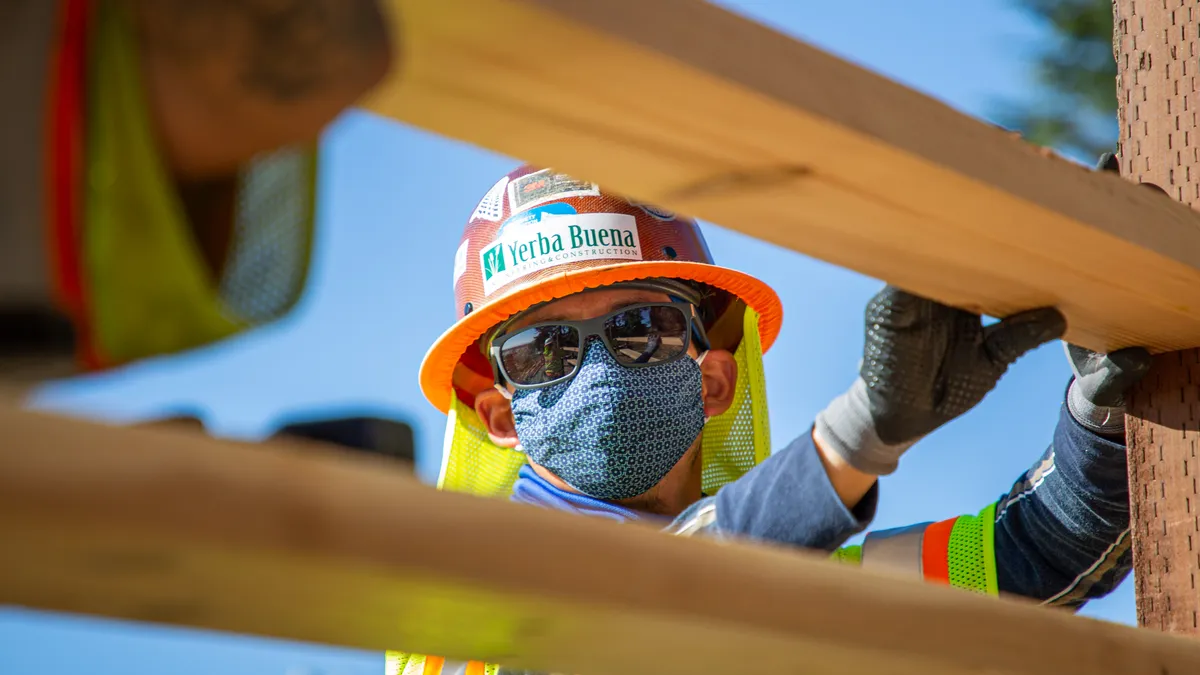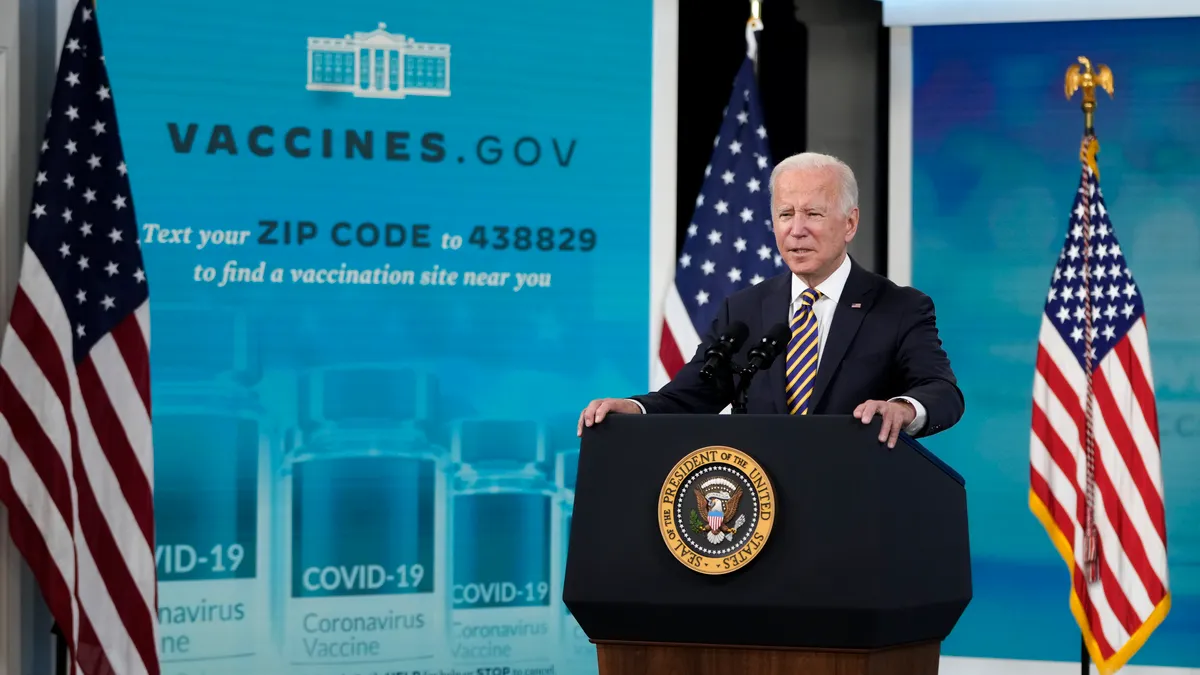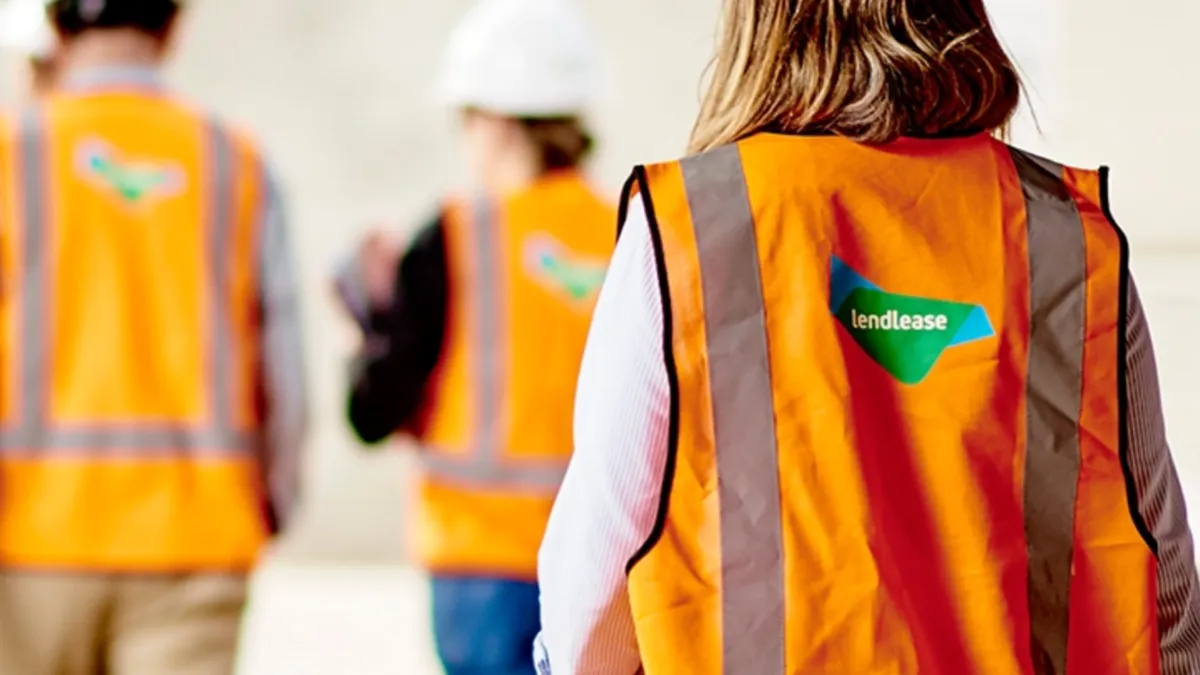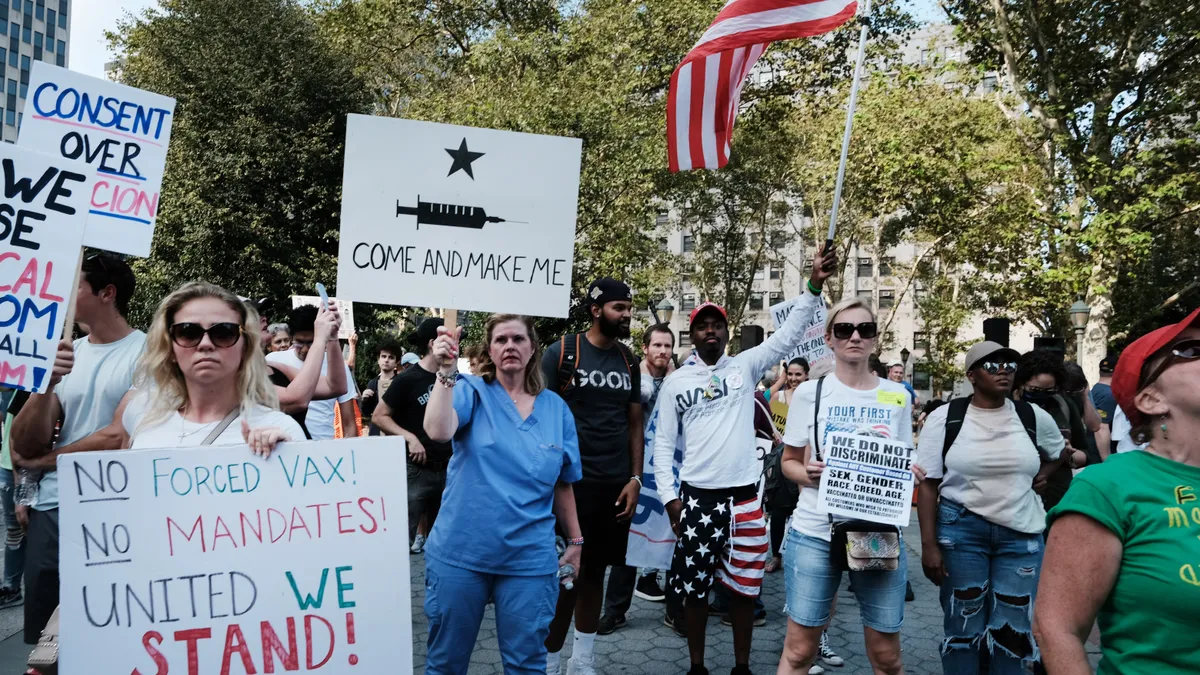Dive Brief:
- The continued spread of the aggressive delta variant of COVID-19 could lead states like Florida to offer additional unemployment aid, Labor Secretary Marty Walsh said in an interview with Bloomberg.
- "If Florida has to shut down — let's say the numbers continue to climb in the next week or two, and it gets to the point where people are just afraid to go outside their front door," Walsh told Bloomberg, "then there's going to have to be a safety net there for the families that can't go to work because their industry shut down."
- Several states have halted federal unemployment aid over concerns that it disincentivizes returning to work. Walsh said he is hoping those states will reconsider in the face of the surging virus.
Dive Insight:
Walsh, along with Treasury Secretary Janet Yellen, sent a letter to Congress last week saying state and local governments could use pandemic-relief funds for additional aid. In the 25 states where it is still offered, the $300 per week of federal emergency unemployment benefits and other aid expires Sept. 6.
"If I were a mayor today, I'd be watching these numbers really, really closely and if I felt that I could save peoples' lives and keep people safe by shutting down, I would," Walsh told Bloomberg. Before becoming labor secretary, Walsh was the mayor of Boston.
Any type of mandated shutdown and unemployment extension in Florida may be unlikely, however, as Gov. Ron DeSantis said he would not shut the state down earlier this month. DeSantis has also rebuffed much of the federal aid provided by the pandemic, slashing the amount of federal unemployment benefits that jobless Floridians could receive from pandemic aid. His decision to end or curtail those benefits resulted from conversations with small business owners who continued to struggle to hire new workers, a spokesperson told the Washington Post.
The delta variant has created spikes in COVID-19 cases around the country, particularly in southern states like Florida, just as many companies have begun asking workers to return to the office. For construction, which never truly halted, and cannot be done from home, unemployment benefits may help protect workers and save lives, but they could also mean fewer employees available on the jobsite at a time where the industry is already facing a skilled labor crisis.
Earlier this summer, Associated General Contractors of America CEO Stephen E. Sandherr called on President Joe Biden's administration to allow unemployment supplements that are keeping people out of the workforce to expire.
"Many construction firms would likely be even busier if only they could find materials for their projects and workers for their teams," he said. "Ending a program that is basically paying people not to work will help, especially if the administration also removes tariffs that are driving prices up on key construction materials."





















